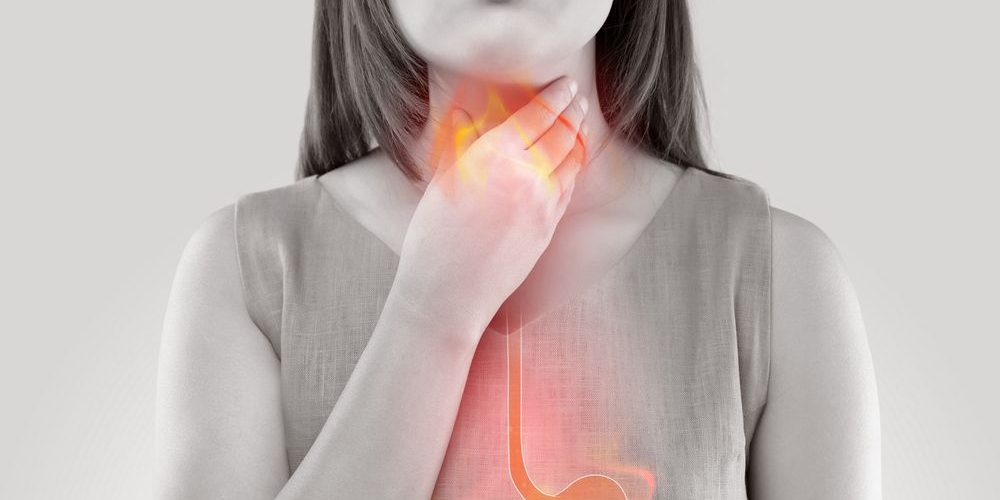What is laryngopharyngeal reflux?
Laryngopharyngeal reflux is when acid and content from the stomach go up to the esophagus and reach the throat. This can be observed in all people, but it is more common in older people. Also for her appearance, the decisive factors are diet, increased body weight, anxiety, as well as increased pressure in the abdominal area.
Laryngopharyngeal reflux & causes
When we swallow food, it ends up in our stomach through the esophagus. The lower part of the esophagus, that is, the lower esophageal sphincter, is the muscle that controls the whole process and with its constriction ensures that food remains in the stomach. However, when this muscle fails to close or is more relaxed, the food returns to the upper airway and causes laryngopharyngeal reflux.
The causes that can cause reflux are plenty. More specifically the causes are:
- The increased abdominal pressure
- The increased body weight
- Intense stress and anxiety
- The existence of a hernia
- The nutrition
Diet plays an important role in laryngopharyngeal reflux, as it can significantly affect the digestive process. Foods that can burden patients are:
- Foods that contain acids, such as citrus fruits
- Alcohol
- Chocolate
- Caffeine
- Dairy products
- Mint
- Onion
- Tomato
- Kiwi
- Pineapple
- Spicies
- High sugar consumption
- Fat foods such as fried and cheese
- Pastry
- Sparkling drinks
Symptoms
Laryngopharyngeal reflux is likely to have no symptoms, so patients do not perceive it. However, when it is evident, patients may be suffering from:
- Sore throat
- Mild hoarseness
- Feeling of annoyance – knot in the throat
- The sense of being mucus in the throat
- Difficulty swallowing
- Red, swollen and irritated larynx
- Heartburn
- Retching
- Bitter taste in mouth
- Apnea – asthma
- Chronic cough
- Inability to gain weight
Diagnosis
Laryngopharyngeal reflux can be diagnosed by a special otorhinolaryngologist, who can carefully examine the symptoms, such as irritation or swelling at the back of the patient’s throat. Also, the examination is performed with the help of endoscopes.
Ways of treatment
The majority of laryngopharyngeal reflux cases can be treated with changes in patient’s lifestyle. In particular, patients should:
- Follow a balanced and mild diet
- Consume small meals at regular intervals
- Reduce their weight if they are overweight
- Avoid the consumption of alcohol and coffee
- Avoid smoking
- Avoid eating just before they fall to sleep
- Sleep in a more lifted position
Foods that also help to smooth out laryngopharyngeal reflux are:
- Egg
- Fish
- Meat
- Coconut
- Oats
- Whole grain bread
- Rice-based bread
A diet rich in cereals, fiber, and water such as the consumption of herbal tea can help patients to maintain their diet at a good and tolerable level for their stomach.
The specialized surgeon Dr. Olga Papadopoulou is an otorhinolaryngologist with long experience in the field. With her help, you can deal with any incident, according to your special needs.

